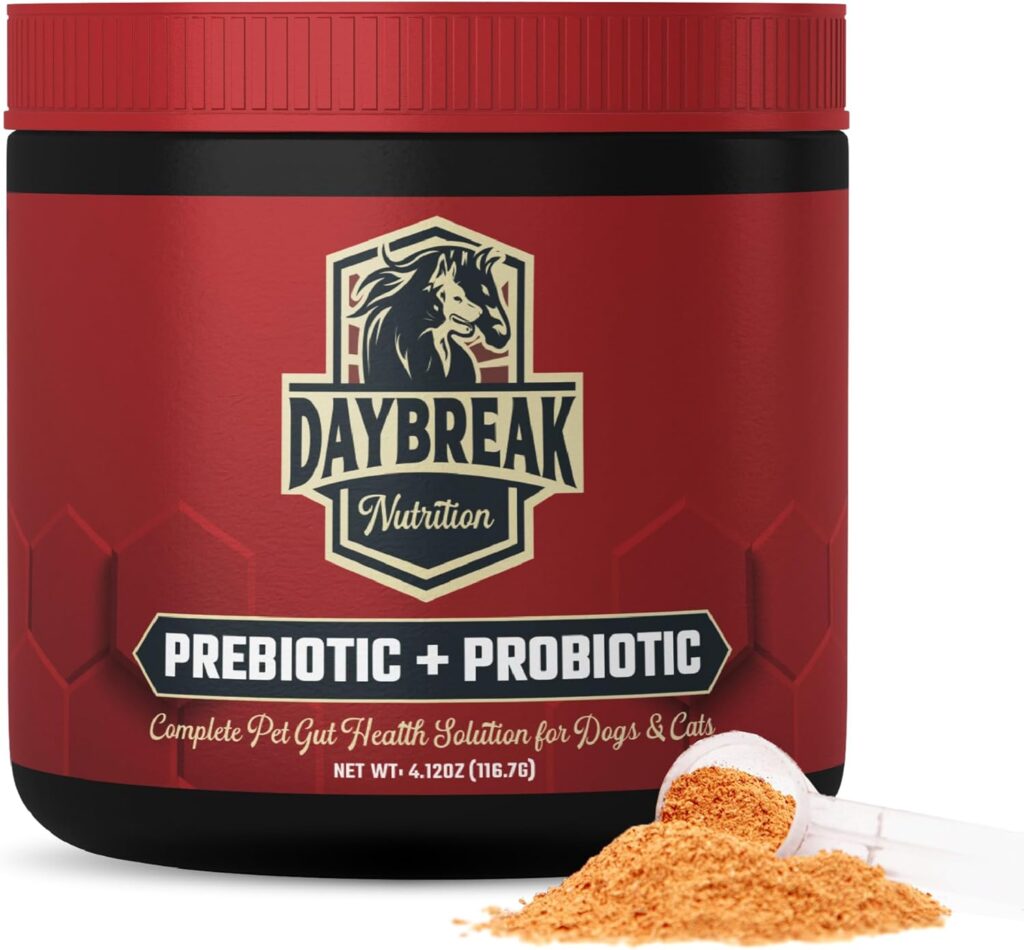A bloated stomach in cats can be a concerning issue that signals potential digestive problems.
When a cat’s stomach becomes swollen or distended, it may lead to discomfort, reduced appetite, and even difficulty breathing in severe cases.
While occasional bloating may not be alarming, frequent or persistent bloating can point to underlying health issues that require attention.
In this post, we are going to explore 5 ways to ease cat bloating, starting with what causes it.
Let’s dive in!
What Causes Cat Bloating?
There are several possible causes of bloating in cats:
- Gas Accumulation: Excessive gas can build up in the stomach, often due to indigestion or eating too quickly.
- Constipation: When a cat is constipated, it can lead to a swollen abdomen as stool builds up in the intestines.
- Overeating or Eating Too Quickly: Consuming large amounts of food too quickly can cause bloating, as the stomach struggles to process it.
- Food Sensitivities: Some cats may have sensitivities to certain ingredients in their food, leading to bloating and digestive discomfort.
- Gastrointestinal Disease: Conditions like inflammatory bowel disease (IBD) or gastrointestinal infections can cause bloating as a symptom.
- Heart Disease: In rare cases, bloating can result from fluid buildup in the abdomen due to heart failure.
Let’s explore five effective ways to ease your cat’s bloated stomach and improve their digestive health.
5 Ways to Ease Cat Bloating
1. Use a Cat Prebiotic & Probiotic Powder
One of the most effective ways to ease bloating and support your cat’s digestive health is by incorporating a prebiotic and probiotic powder into their diet.
Probiotics are beneficial bacteria that help restore a healthy balance of gut flora, while prebiotics nourish these good bacteria and promote healthy digestion.
A high-quality prebiotic and probiotic powder can help regulate bowel movements, reduce gas buildup, and soothe your cat’s stomach.
Out of all of the prebiotic & probiotic powders my cat has tried, Daybreak’s new Prebiotic + Probiotic is her favorite.
Daybreak’s Prebiotic + Probiotic is an excellent choice for supporting cat bloating, as it combines 6 billion CFU of probiotics with natural prebiotics from flaxseed and pumpkin to support healthy digestion.
This powerful synbiotic formula helps balance gut flora, reduce gas buildup, and improve stool quality, all of which can help alleviate bloating and discomfort in cats.
Simply follow the directions on the back and you’re good to go!
2. Feed Smaller, More Frequent Meals
Overeating or eating too quickly can contribute to bloating in cats.
To avoid this, consider dividing your cat’s daily meals into smaller portions and feeding them more frequently throughout the day.
Smaller meals reduce the likelihood of gas buildup and allow your cat’s digestive system to process food more efficiently.
This approach can also prevent your cat from eating too quickly, which can cause air to be swallowed along with food, leading to bloating.
3. Monitor Food Ingredients
Certain ingredients in your cat’s food can cause bloating or gas.
Common culprits include high levels of fillers, such as corn and soy, or animal proteins that your cat may have trouble digesting.
If you suspect your cat’s food is contributing to bloating, consider switching to a high-quality, easily digestible food that is free from unnecessary fillers.
You might also try a limited-ingredient diet to help pinpoint any food sensitivities. Always consult your veterinarian before making any changes to your cat’s diet.
4. Encourage Hydration
Dehydration can contribute to bloating, especially if constipation is involved.
Ensure that your cat has constant access to fresh water to support healthy digestion and prevent constipation.
In addition to offering fresh water, consider incorporating wet cat food into their diet, as it contains more moisture and can help keep their digestive system hydrated and functioning properly.
5. Provide Gentle Exercise
Regular movement can help support healthy digestion and reduce bloating in cats.
Encouraging your cat to engage in light play, such as chasing a toy or using a laser pointer, can stimulate their digestive system and relieve gas buildup.
If your cat is older or less active, try gentle activities like using a cat tree or providing a scratching post to encourage movement.
Always keep an eye on your cat’s comfort level, and avoid strenuous exercise if they are experiencing severe bloating or discomfort.
Support Cat Bloating
Bloating in cats can be a sign of digestive issues or more serious health problems, but there are several ways to ease the discomfort and support your cat’s digestive health.
Using a prebiotic and probiotic powder, feeding smaller meals, monitoring food ingredients, encouraging hydration, and providing gentle exercise are all effective strategies for managing bloating.
If your cat’s bloating persists or is accompanied by other concerning symptoms, it’s important to consult with a veterinarian for further evaluation and treatment.
With the right care, your cat can enjoy better digestion and a more comfortable, happy life.
Thank you for reading!
Affiliate Disclosure
Some of the links on this site are affiliate links. This means that if you click on the link and purchase the item, we may receive an affiliate commission at no extra cost to you. I only recommend products or services that I believe will add value to my readers, however some (not all) do pay us to be on this blog. Your support and theirs helps keep this blog running, and I genuinely appreciate it.
Medical Disclaimer
The information provided on this website is for educational purposes only and is not intended as medical advice. The content shared here is not written by a licensed veterinarian, and it should not be used as a substitute for professional veterinary diagnosis, treatment, or advice. Always consult with your veterinarian or other qualified pet healthcare provider before starting any new treatment or making changes to your pet’s health regimen.

